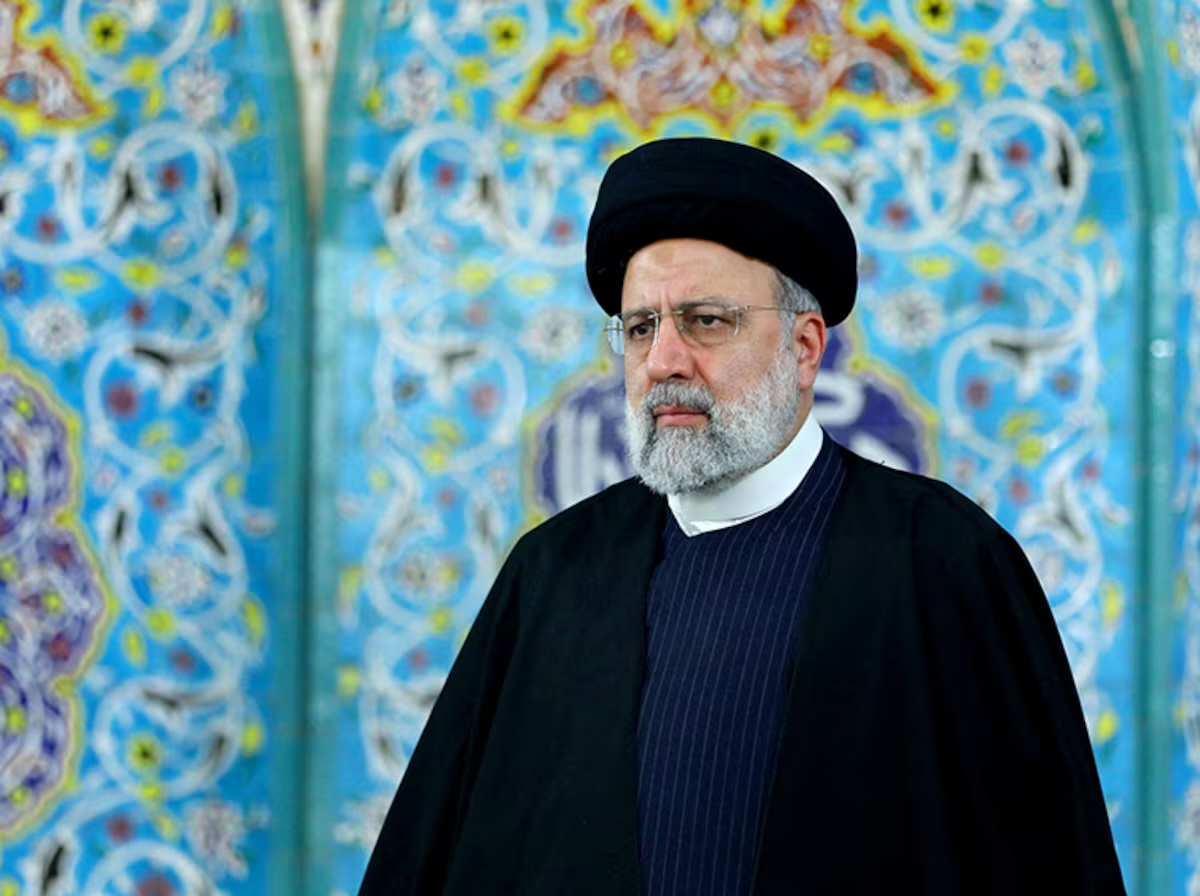
The Approved Candidates
- Out of 80 registrants, Iran’s Guardian Council has approved six candidates to run in the country’s upcoming presidential elections on June 28.
- Those disqualified from the race include former president Mahmoud Ahmadinejad and former parliament speaker Ali Larijani, both of whom have been barred for the second election in a row.
- The final list includes five conservative or ultraconservative leaders, many of whom have campaigned for the presidency before:
- Parliament speaker Mohammad Bagher Ghalibaf, who ran in 2005 and 2013 and withdrew to support late President Ebrahim Raisi’s campaign in 2017.
- Former nuclear negotiator Saeed Jalili, who ran in 2013 and withdrew his registration to back Raisi in 2021.
- Tehran mayor Alireza Zakani, who withdrew in 2021 in support of Raisi.
- Incumbent vice president Amirhossein Ghazizadeh-Hashemi, who ran in 2021.
- Former interior and justice Minister Mostafa Pourmohammadi.
- The last candidate, Masoud Pezeshkian, stands as the sole ‘reformist’ candidate, notably outspoken against the government during its crackdown on the 2009 protests and the September 2022 protests following the death of Mahsa Amini.
- Pezeshkian was one of three candidates endorsed by the “Reform Front,” a group that has threatened to boycott electoral participation if none of their candidates were approved to run.
Election Dynamics
- Mohammad Bagher Ghalibaf, whose career positions include former mayor of Tehran and Iran’s Islamic Revolutionary Guard Corps (IRGC) commander, is viewed as the potential frontrunner, despite his participation in a violent crackdown on Iranian university students in 1999.
- When serving as a police chief, Ghalibaf also allegedly ordered that live rounds be used against students in 2003.
- A speech given by Supreme Leader Khamenei on June 3 emphasized characteristics needed in the new president and alluded “to qualities that Qalibaf himself has highlighted…potentially signaling his support for the speaker.”
- The other prominent candidate is hardliner Saeed Jalili, who is strongly connected to the Supreme Leader and IRGC and was a close contact of the late President Raisi.
- Jalili receives strong support from ultraconservatives, whereas Ghalibaf, though conservative, falls more moderate.
- Five electoral debates have been scheduled to air in the days before the election.
- Debates will highlight important issues, including the candidates’ stances on the West, the future of Iran’s nuclear program, and economic plans for the country as the Iranian rial continues to significantly depreciate.
Voter Turnout
- Iran’s parliamentary elections in March saw the country’s lowest voter participation since the 1979 revolution, with only 41% of eligible voters casting ballots.
- Reporting indicates that the Guardian Council’s selection of candidates for June’s election “suggests Iran’s Shiite theocracy hopes to ease the election through after recent votes saw record-low turnout and as tensions remain high over the country’s rapidly advancing nuclear program, as well as the Israel-Hamas war.”
(Banner image: Iran’s Presidency/WANA via Reuters)
